Emily Johnson: The Global First Nations Performance Network (GFNPN) is a new transnational, Indigenous-led initiative that works to increase the quantity, impact, and capacity for Indigenous performance locally and internationally. GFNPN is an innovative support infrastructure focused on cultural change; commissioning, touring, and presenting Indigenous performance; and capacity building for the Indigenous and non-Indigenous performing arts sectors.
GFNPN’s advisory committee—which currently includes myself, Lori Pourier, Reuben Roqueñi, Ed Bourgeois, and Vallejo Gantner—recognizes the deep shift and systemic change that United States–based cultural institutions need to make in order to create equity in the performing arts field and the world at large. We recognize that most institutions have not made the necessary steps, but we believe supporting one another’s efforts is the most productive way forward.
When it comes to the work of decolonization and indigenization, everything about an institution must change—from structure, governance, and leadership to ethos, values, and worldview. The shift of consciousness and action that is needed in the world—recognizing, acknowledging, centering, respecting, and understanding Indigenous knowledge, art, making, culture, leadership, and sovereignty—becomes reality. This is what is needed to build equity.
There are some institutions willing to do this work and move from being allies to becoming accomplices. One example is the Portland Institute for Contemporary Art (PICA) in Portland, Oregon. The staff and leadership at PICA have taken good steps toward decolonizing and indigenizing the practices and curatorial processes of their organization, making a list—shared below—of how far they’ve come, where they need to go, and what their challenges are. We at GFNPN consider this list to be a good example and possible model for other partner and settler-run organizations.
When it comes to the work of decolonization and indigenization, everything about an institution must change.
Roya Amirsoleymani and Erin Boberg Doughton: As two of the three co–artistic directors and curators at PICA, we are part of a team of staff, board, artists, and community members seeking to critically question and acknowledge the colonizing forces of our own organization’s practices and how they mirror systems and structures of the nonprofit art world that uphold and perpetuate settler-colonial culture and its harms.
In May 2019, the artist Demian DinéYazhi’ posted a query on Instagram, which said: To all institutions practicing land acknowledgements: tell us, what steps do you take to hold space and center Indigenous Peoples? How are you actively working to pay Indigenous people, donate to Indigenous causes, protect Indigenous land and water rights, and promote Indigenous sovereignty?
This prompt led to PICA’s first public statement about where the organization is in its work supporting Indigenous artists, which was later adapted into a list in preparation for a GFNPN gathering. We’re sharing this list in hopes that it might be helpful to fellow allies as we work together to center Indigenous artists and decolonize our processes, institutions, and the performing arts field, acknowledging that we are in the early stages of the work and many have been doing this for much longer. It is a work in progress, incomplete and imperfect, and we welcome a dialogue with anyone who is also doing this work and would like to share their questions, ideas, challenges, or provocations. We offer this with gratitude to Demian, Emily, and the many Indigenous artists and colleagues who have shared and continue to share their labor, guidance, and vision.
How far have we come?
1. We are in an ongoing process toward individual and organizational consciousness shifts, awareness, acknowledgment, and commitment to prioritizing Indigenous artists and communities in our research, curation, and community engagement efforts.
2. We are committed to making land acknowledgment statements before every public event and providing printed statements in our programs and on the wall of our building’s entryway.
3. We are committed to ensuring Indigenous artists are represented in our annual Time-Based Art Festival, year-round programming, residencies, and grant funding, with an emphasis on queer, trans, womxn, two-spirit, gender non-conforming, and non-binary Indigenous artists. While we do not have a quota, we have dedicated a minimum of roughly 10 percent of our artistic budget for the past two years to Indigenous artists’ projects and programs, and we plan to do the same or more in upcoming years.
4. We are actively working to expand and strengthen trusted relationships with Indigenous artists, communities, and groups.
5. We are striving to ensure there is Indigenous representation on our staff and board (there is some, but there should be much more!).
6. We provide fiscal sponsorship and resources to GFNPN and are actively participating in calling other allies in and out in that effort when needed. In part, this is an attempt to relieve Indigenous folks of always having to do that kind of education as well as emotional and administrative labor.
7. We are attempting to listen actively and closely when critiqued or called in/out by the community, and we are trying not to react or respond defensively.
8. We are reading, discussing, and sharing texts on decolonization politics and practices among our team.
9. We are incorporating decolonization and specific consideration of indigeneity into our working processes and plans toward racial equity, which is an ongoing effort, and not a destination or end goal.
10. We are regularly turning over our physical and material space, time, and resources to Black, Brown, Indigenous, and POC-identified artists.
11. We are building Indigenous-focused and -centered connections and exchanges among local, national, and international artists and curators.
12. We are creating platforms for and supporting Indigenous-led curation and programming.
We must seek Indigenous individuals’ and communities’ input, advice, participation, and leadership throughout all of these processes, with financial compensation.
Where can we go?
1. We can ensure and expand Indigenous representation, inclusion, and retention on our board and staff.
2. We can strive to ensure our work and office culture feel as safe, inclusive, welcoming, and affirming as possible for Indigenous folks (especially for womxn, queer, trans, two-sprit, gender non-conforming, and non-binary folks), and that our work and office culture shifts in response to what we learn from the Indigenous community.
3. We should be cultivating conversations and building trusting relationships with local and regional elders, tribes, and Indigenous communities, in addition to individual artists.
4. We must work toward repairing past relationships; actively acknowledge the colonizing roots and forces of the nonprofit industrial complex; and strive to subvert, upend, decolonize, and indigenize the dominant systems and structures that uphold PICA and the art world at large, with the understanding that reparations and decolonization of space, mind, and culture is lifelong and imperfect work, and should not be about re-centering the institution.
5. We must seek Indigenous individuals’ and communities’ input, advice, participation, and leadership throughout all of these processes, with financial compensation.
6. We can embed policies, values, and protocols into our organizational fabric so this work will be carried out consistently in all areas (staff, board, volunteers, marketing, production) and continue to evolve through changes in leadership.

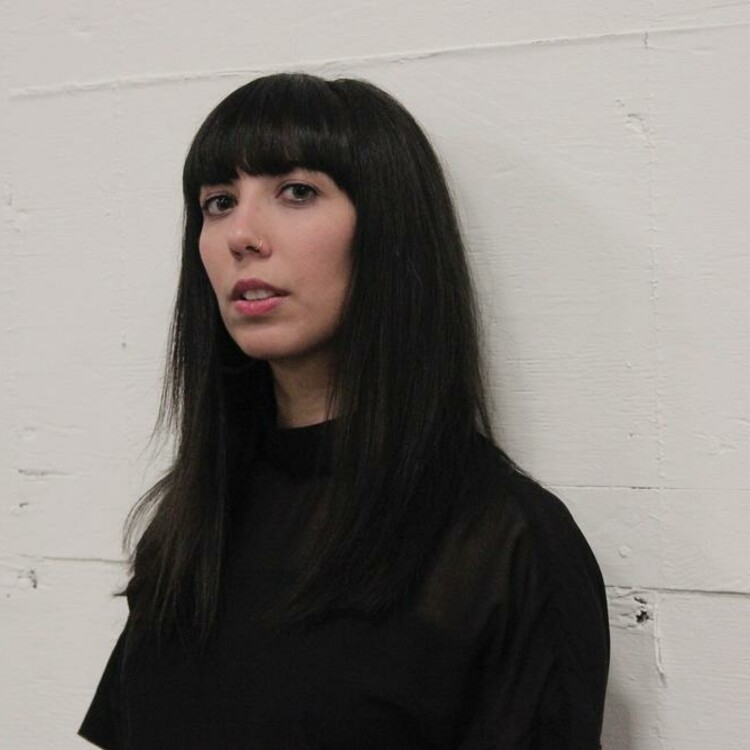
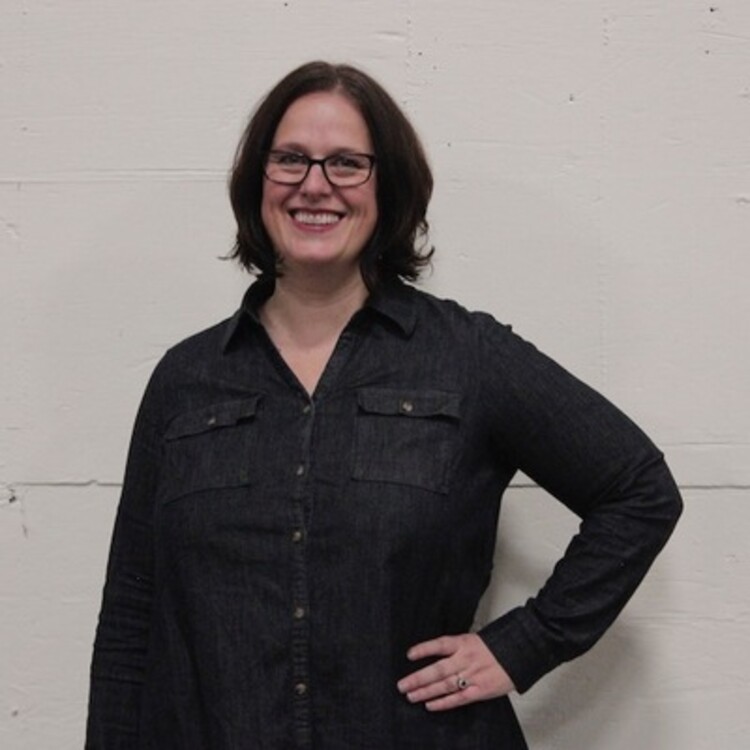
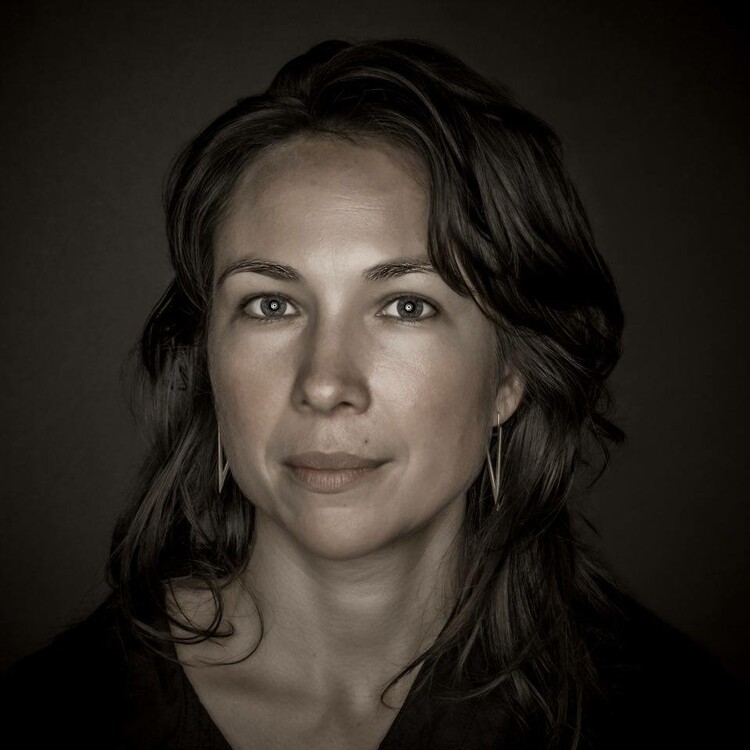
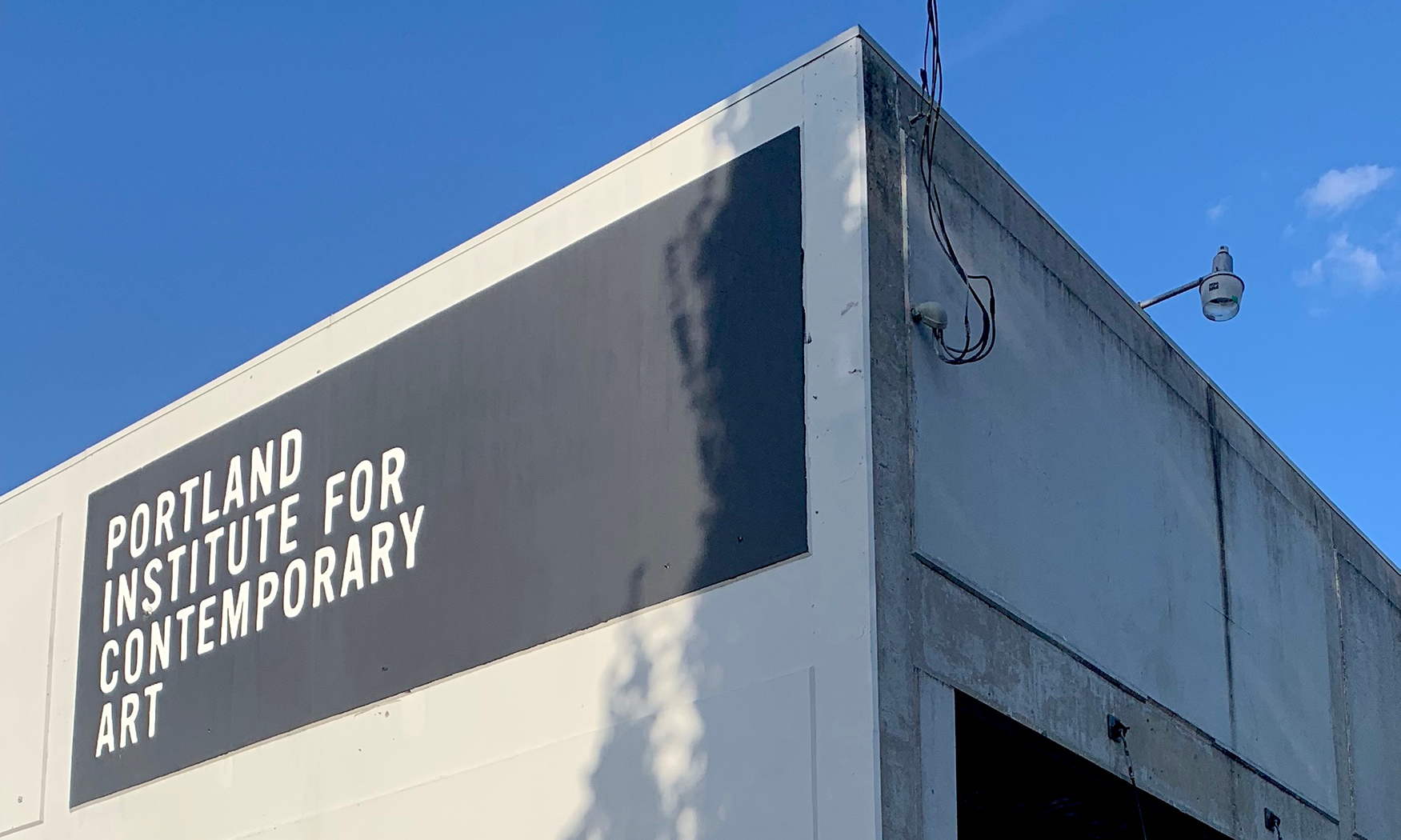
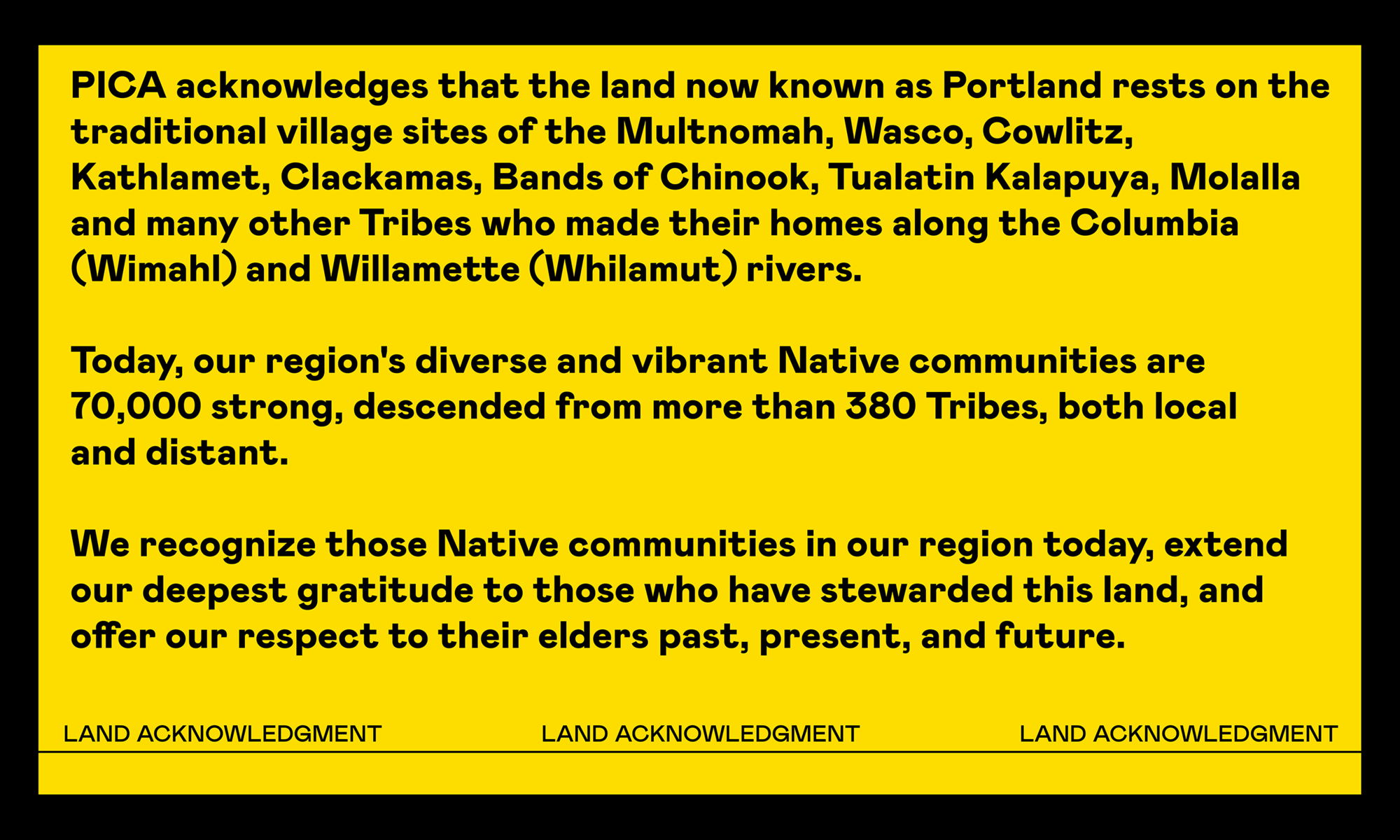
Comments
The article is just the start of the conversation—we want to know what you think about this subject, too! HowlRound is a space for knowledge-sharing, and we welcome spirited, thoughtful, and on-topic dialogue. Find our full comments policy here